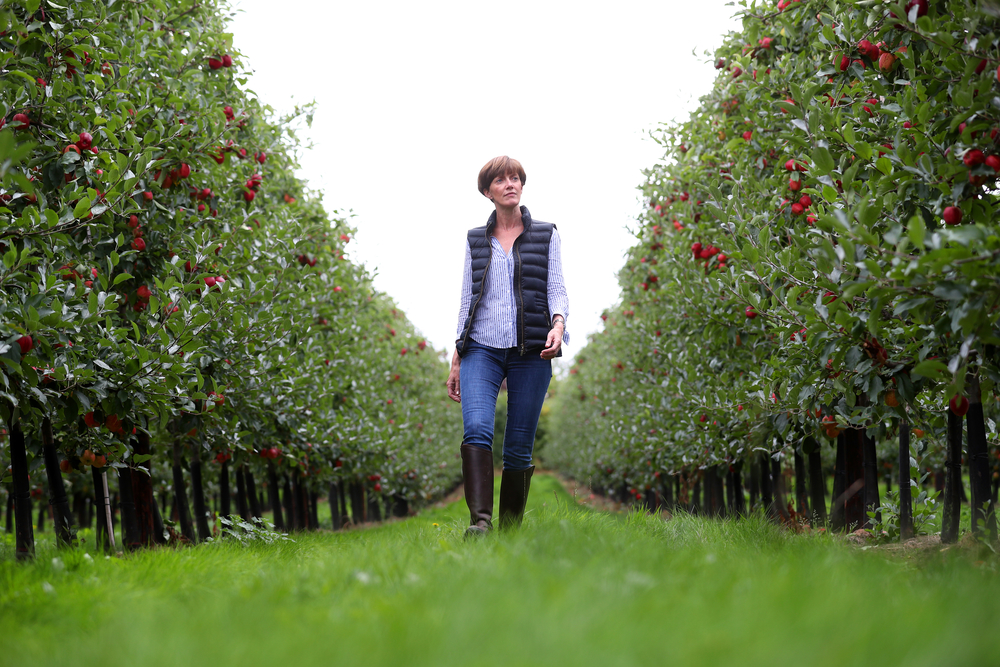Labour provision is also still uncertain, with the need to recruit significantly more domestic workers when the 2020 season demonstrated just how challenging that task is.
It can be difficult, but as the UK sets out on the path of an independent trading nation and has an opportunity to develop its own policies, we must look ahead. For a sector like horticulture, we have reason for optimism. We have the right products and the right environment to deliver for consumer health and work towards a net-zero economy. However, when price plays such a huge part of supply agreements, it is critical that we are as productive as possible. Key to this is the development of a new horticulture productivity scheme for the sector, taking over from the producer organisation (PO) model which is due to end when current programmes conclude. Defra has committed to working with the sector on developing such a scheme, but time is of the essence and government must ensure that there is a smooth transition from one scheme into another.
We also need to capitalise on the growing political support for a better food system that incentivises healthy, sustainable food production. Horticulture ticks all of the boxes and mustn’t be overlooked. Ironically, in a sector that is less reliant on government support or intervention than many others, we need the UK government more than ever to work with us to develop and adapt policies to enable us to realise our ambition to grow the sector.
Ali Capper
Chair, horticulture and potatoes board

